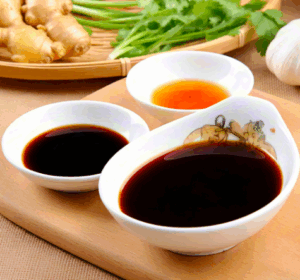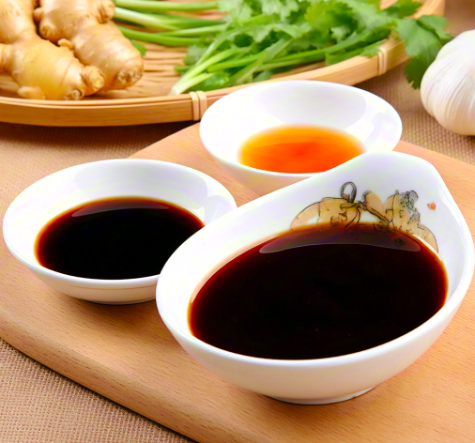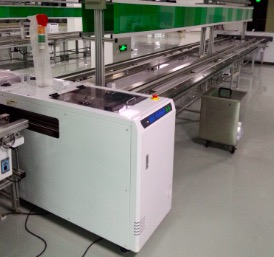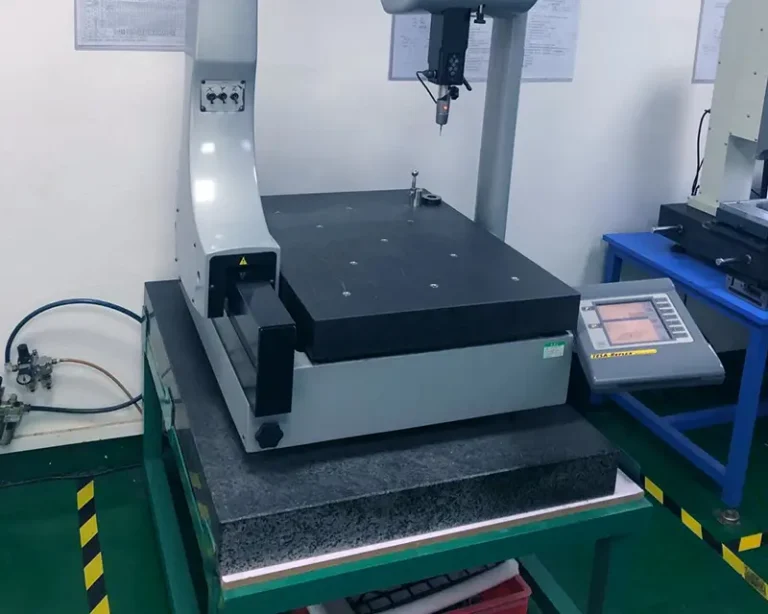目录
A seasoning manufacturer plays a pivotal role in shaping the flavors we enjoy daily, catering to both individual consumers and large-scale food producers. The global seasoning market, valued at $20.5 billion in 2024, has witnessed consistent growth due to increasing culinary experimentation and demand for authentic flavors. This article explores the essential functions, industry trends, and future potential of a seasoning manufacturer.
Innovations by a Seasoning Manufacturer: Driving Culinary Excellence
- Advanced Manufacturing Processes
Seasoning manufacturers are leveraging state-of-the-art technologies to ensure quality and efficiency. Key innovations include:
- Precision Blending: Automated systems achieve uniformity in taste, ensuring consistency across batches. For example, precision blending improves production accuracy by 25%.
- Custom Formulations: Catering to specific regional or dietary preferences, such as low-sodium or gluten-free options, which now account for 15% of the seasoning market.
According to FoodTech Data, natural seasoning blends saw a 12% increase in demand from health-conscious consumers in 2023.

The Economic and Environmental Contributions of a Seasoning Manufacturer
- Supporting Local Economies
Seasoning manufacturers often source raw materials like spices, herbs, and salt from local suppliers:
- Economic Boost: 60% of small-scale farmers benefit directly from contracts with seasoning manufacturers.
- Employment Opportunities: A single facility employing 150 workers can indirectly support up to 500 additional jobs in logistics and sales.
- Sustainability Initiatives
The modern seasoning manufacturer adopts eco-friendly practices to reduce its environmental impact:
- Packaging Innovations: Biodegradable options have reduced plastic usage by 30% across the industry.
- Energy Efficiency: By implementing renewable energy systems, manufacturers have decreased carbon emissions by 18%.
Meeting Global Trends and Consumer Demands
- Expansion into Emerging Markets
Countries like India and Nigeria are experiencing rapid growth in seasoning consumption due to urbanization and changing eating habits. Sales in these regions grew by 22% in the past year alone.
- Specialty Products on the Rise
Seasoning manufacturers are developing niche products, such as organic blends and functional seasonings with health benefits like added vitamins or probiotics. This segment contributes to 10% of the total market revenue.
Challenges and Opportunities for a Seasoning Manufacturer
Despite its success, the industry faces challenges like rising raw material costs and regulatory hurdles concerning food safety standards. However, these also present opportunities for innovation:
- Artificial Intelligence Integration: AI-powered quality control systems reduce product defects by 30%.
- Global Partnerships: Collaborations with international brands can lead to a 15% increase in market penetration.
A seasoning manufacturer not only enhances culinary experiences but also contributes significantly to economic growth and sustainability. With continuous innovation and adaptation to global trends, the industry is poised for even greater achievements in the future.
0







